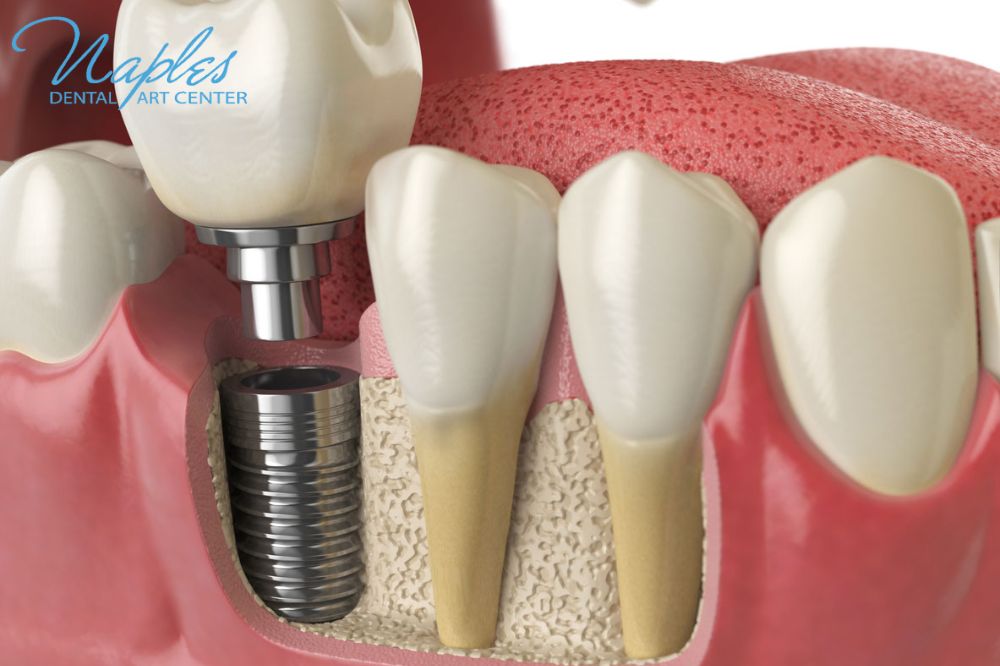Dental implants are a modern solution for missing teeth. Although they offer several benefits, they are still not a perfect solution for all. Some people worry about the cost, surgery, or long healing time.
If you’ve searched for “dental implants near you,” you might be wondering if they’re truly worth it. We understand these concerns.
It’s important to learn the pros and cons before making a decision. In this guide, we’ll explore the most common downsides of dental implants and what you should consider before moving forward.
What Do Dental Implants Mean?
Dental implants are artificial roots with titanium, which are placed into the jawbone of the individual undergoing surgery. They subsequently hold replacement teeth.
These dental implants are the best means of holding prostheses and have become popular over time because of their durability, the way they appear to be almost like normal teeth, and their functionality.
In addition, a tooth implant would also save one from the repercussions that occur after a long time without teeth, which is the bone loss.
Common Downsides of Dental Implants
While implants have many benefits, it’s important to understand their potential drawbacks:
1. High Cost
One of the most talked-about downsides is the price. Dental implants can be expensive, especially if you need more than one or require bone grafting. Most insurance plans don’t cover the full cost, which makes it less affordable for some people.
2. Surgical Procedure Required
Getting a dental implant isn’t like getting a filling. It’s a surgical procedure. Some patients may be nervous about this, and there’s always a small risk of complications, such as infection or injury to surrounding tissues.
3. Long Healing Process
Healing after implant surgery can take several months. The implant needs time to fuse with the bone, a process called osseointegration. During this period, you may need to be careful with your eating habits, and the final crown can’t be placed until healing is complete.
4. Not Suitable for Everyone
Some people may not be ideal candidates for implants. Those with insufficient bone density, smokers, or people with certain health conditions like uncontrolled diabetes may face higher failure risks.
5. Potential for Implant Failure
Though rare, implants can fail. Reasons include poor bone support, infection, or the body rejecting the implant. It’s crucial to choose an experienced provider at a trusted dentist near you to minimize this risk.
6. Maintenance and Follow-ups
Dental implants aren’t a “set it and forget it” solution. They need regular care and checkups. If oral hygiene isn’t maintained, gum disease could develop and threaten the implant’s stability.
How Do Dental Implants Compare to Other Options?
If you’re unsure whether implants are your best choice, here are some alternatives to think about:
- Fixed bridges: These rely on surrounding teeth for support. They’re less invasive but may weaken healthy teeth over time.
- Removable dentures: More affordable, but they can be uncomfortable or unstable. They also don’t prevent bone loss.
Unlike these options, dental implants in Naples are designed to last long and support jawbone health. But their effectiveness comes with a higher price tag and a more involved process.
Are Dental Implants Worth It?
That depends on your personal needs and priorities. If you value long-term durability, natural appearance, and jawbone support, implants are often the top choice.
But if budget, time, or health issues are major concerns, you may want to explore other dental treatments.
Let’s take a closer look at what affects the overall experience and success of dental implants.
Key Factors That Influence Implant Success
Several factors determine how well dental implants work over time:
- Bone Density: A healthy jawbone is needed to support implants.
- Oral Hygiene: Good habits like brushing, flossing, and dental visits help prevent infection.
- Lifestyle Habits: Smoking or grinding your teeth can cause implants to fail early.
- Overall Health: Conditions like diabetes or autoimmune diseases may slow healing.
- Experience of Your Dentist: A skilled provider improves your chances of success.
What Are Your Alternatives?
If dental implants don’t seem like the right fit, it’s helpful to know what other options exist and how they stack up differently.
Fixed dental bridges are a common alternative. They rely on support from adjacent healthy teeth to “bridge” the gap of a missing tooth. However, they require shaving down the neighbouring teeth, which can weaken them over time.
Removable dentures, on the other hand, are typically the most affordable option. But they may shift while eating or speaking and can feel bulky or uncomfortable. They also don’t prevent jawbone loss the way implants do, which can lead to facial sagging in the long run.
What makes dental implants stand out is their ability to fuse with your bone and act just like a natural tooth root.
This not only gives better stability and comfort but also helps maintain the structure of your jaw. While other methods may solve the cosmetic issue of a missing tooth, implants go deeper, literally offering a more permanent and holistic fix.
Ultimately, the best choice depends on your health, budget, and personal preferences. A professional evaluation from a dental clinic near you can help you understand which path suits your needs best.
Wrapping Up!
Dental implants can be a life-changing solution, but they’re not the best choice for everyone. They come with a high cost, a long healing period, and the need for surgery. That’s why it’s important to weigh these downsides before making a decision.
Your smile deserves the best care.
For those considering this treatment, a consultation with a trusted dentist in Naples can help you find the right fit for your dental needs, lifestyle, and budget.

